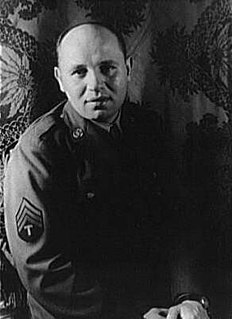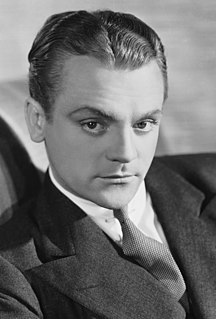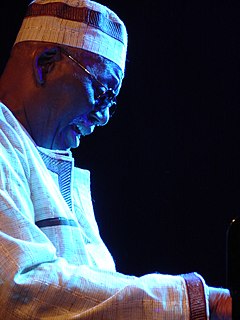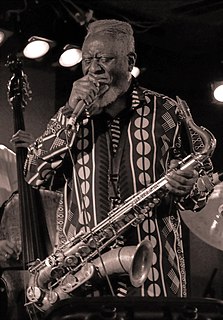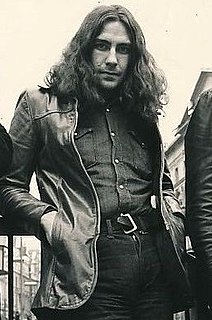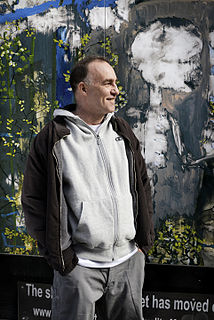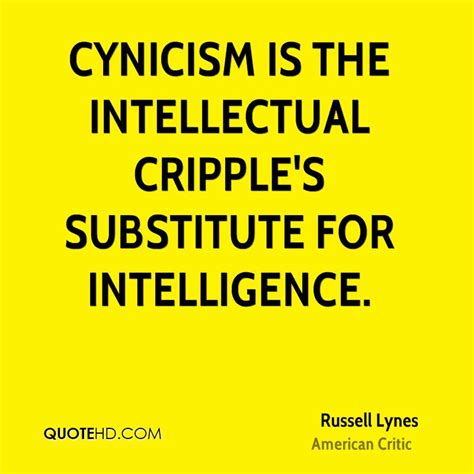A Quote by Josh Linkner
Business today is all about improvisation, which is the essence of jazz. Perhaps in the past we could just follow the operating manual and do what we were told, but today the world is too complex and fast. Today it's all about real-time innovation and creativity. Individuals may get hired based on their resumes, but they'll get promoted and reach their dreams based on their ability to create. In that context, being a jazz musician was the best MBA I could have ever received.
Quote Topics
Ability
About
Based
Being
Best
Business
Complex
Context
Could
Create
Creativity
Dreams
Essence
Ever
Fast
Follow
Get
Hired
Improvisation
In The Past
Individuals
Innovation
Jazz
Jazz Music
Jazz Musician
Just
Manual
May
Mba
Musician
Operating
Past
Perhaps
Promoted
Reach
Real
Received
Resumes
Time
Today
Too
Were
Which
World
Related Quotes
That's what it is-it's jazz. It's just jazz. That's what the whole thing is about to me. It's about what's happening right now in this context. This conversation is jazz to a certain extent. It's improvisation. What appeals to me about music is the improvization. That's what I don't like about the media-they're not living it.
There's no appreciation for the giants [of jazz]; there's never been a major film on Duke Ellington , never a major film on Louis Armstrong. What they accomplished, we could never accomplish today...What's happening now is lightweight compared to what happened before. If Louis Armstrong was alive today, he'd be a superstar. If Art Tatum was alive today, my god, all the piano players would get on their knees. So that's what's missing today; we've been cut off from our heritage.
I visited New York in '63, intending to move there, but I noticed that what I valued about jazz was being discarded. I ran into `out-to-lunch' free jazz, and the notion that groove was old-fashioned. All around the United States, I could see jazz becoming linear, a horn-player's world. It made me realize that we were not jazz musicians; we were territory musicians in love with all forms of African-American music. All of the musicians I loved were territory musicians, deeply into blues and gospel as well as jazz.
One cannot expect to coast along and rise automatically to the top, no matter what friends you may have in the company. There may have been a time when, in large corporations, a person could rise simply because he had a stock interest or because he had friends in top management. That's not true today. Success in business requires training and discipline and hard work. But if you're not frightened by these things, the opportunities are just as great today as they ever were.
Improvisation was the blood and bone of jazz, and in the classic, New Orleans jazz it was collective improvisation in which each performer, seemingly going his own melodic way, played in harmony, dissonance, or counterpoint with the improvisations of his colleagues. Quite unlike ragtime, which was written down in many cases by its composers and could be repeated note for note (if not expression for expression) by others, jazz was a performer's not a composer's art.
Welles and I differed, however, in our interpretation of the results of the Munich Conference, he being optimistic, I skeptical. In a radio address on October 3, several days after the conference, in which he described the steps taken by the United States Government just prior to Munich, he said that today, perhaps more than at any time during the past two decades, there was presented the opportunity for the establishment by the nations of the world of a new world order based upon justice and upon law. It seemed to me that the colors in the picture were much darker.


